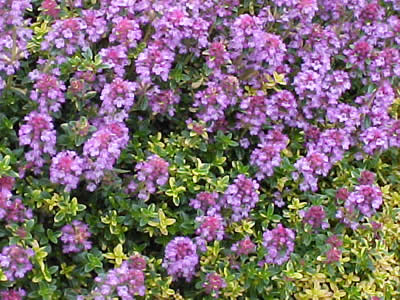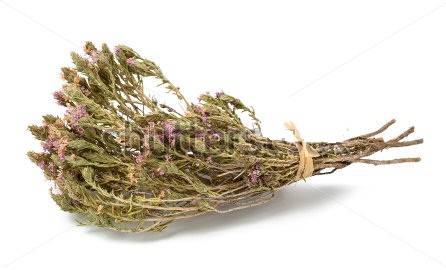Names
- In Hadis it is called as Sau’atar (صعتر).
- Common name is Saatar Farsi.
- In Arabic it is called as Za’atar.
- But many Indian scholars say it is Zataria multiflora (Latin name)
- In Arabic it is called as Za’atar.
- It is among the Thymes genus plants.
Introduction
It is an herb mostly found in Arab, Iran, Afghanistan etc.There are many types of thymes plants (family) they are called as Za’atar (thyme) in Persain & Arabic. It is common among Arabs to eat Thymes blended with sesame oil & heavy salts (usually Fatair pasty) & olive oil.
Nabi صلی اللہ علیہ وسلم ‘s guidance about it
Arabic words written in below references are the words mentioned in respected Hadees. You can confirm the references of Hadees at sunna.com & Al-Maktab Al-Shamilah (المكتبة الشاملة) also.
About fumigating the homes
- Nabi صلی اللہ علیہ وسلمsaid “Fumigate (dhooni) your homes with Sau’atar (صعتر) & Loban (اللبان) : Reference Zaadul Maa’d page no. 387.
Loban (اللبان) is Styrax benzoin. (Please refer Lesson no. 45 Loban).
- Hazrat Abdullah Bin Abbas رضي الله عنه says that Nabi صلی اللہ علیہ وسلمsaid “Fumigate your houses with Esheeh (اشيح) & Sau’atar (الصعتر).
: Reference Baihaqi: 5678. Esheeh is dried leaves of cress. (Please refer Lesson no. 21 Cress).
Content of it
Calcium, magnesium, potassium, phosphorus, sodium, iron, zinc, copper, magnesium, selenium, Vitamin E, A,C, D, B1, B2, B3, B6, B7, B12, choline, betaine, protein
Scientific benefits
1. It is useful in treating bedwetting, diarrhoea, stomach ache, Arthritis, colic pain, sore throat, cough, whooping cough, bronchitis, flatulence
2.Increases urine output.
3. It can be applied directly on throat for hoarseness’ of voice, laryngitis, tonsillitis, bad breath
4. Its decoction can be used for mouth gargle. 5. Reliefs muscles spasm.
6. Helpful in fungal & bacterial infection.
7. Its oil is very useful.
Science & Hadees regarding Saatar
In Hadees it is mentioned to fumigate the houses with it
Its oil is rich in thymol, carcacrol & etc, which are best in fumigation against bean, insects & bacterias. Its plant was burned as a fumigator in sick rooms and hospital wards. It was used as incense for many types of religious ceremonies as well.
Pharmacological aspects
Thyme contains a number of anti-inflammatory compounds, including luteolin and rosmarinic acid, which may provide health benefits for people with certain anti-inflammatory conditions such as rheumatoid arthritis, asthma and inflammatory acne. Luteolin has been shown to exert strong inhibitory effects against TBK1, an enzyme that has been linked to inflammatory diseases. The rosmarinic acid in thyme, in turn, is thought to exert anti-inflammatory activity by inhibiting lipoxygenase and cyclooxygenase, two enzymes that have been associated with inflammatory responses. Thyme contains several phytochemicals (such as ursolic acid, rosmarinic acid and luteolin) that have been linked to anti-cancer activity in laboratory studies. It is a strong inhibitory activity against Helicobacter pylori.
Conclusion of Hadees
Fumigate the houses with Saatar, Loban & Esheeh.
 The Tibb-e-Nabvi The Tibb-e-Nabvi
The Tibb-e-Nabvi The Tibb-e-Nabvi





